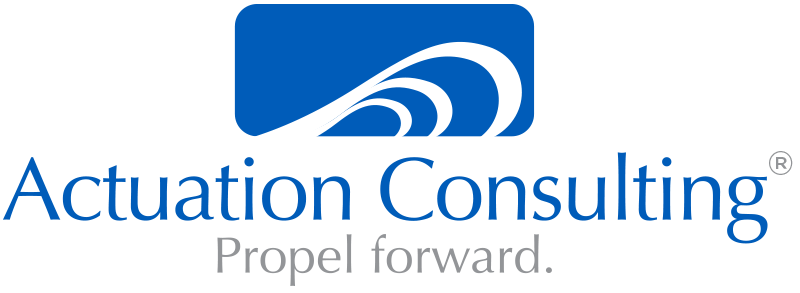Contracts, Competitive Information and the Product Manager
To stay on top of the marketplace, product managers need to access a wide range of resources. As a result, we’re going to look at the value of reviewing company/client contracts and tapping into competitive information.
Product Managers Learn a Lot from Client Agreements
The insights you gain from customer agreements can be very enlightening. Contact your company’s legal counsel and ask for copies of several recently signed client agreements. Also ask the lawyers for a copy of the proposal template your sales group uses. Spend some time examining the standard language used on the template and then compare it to a recently signed contract. Notice the changes that have been made to pricing, length of the agreement, and service components. Is there a Cost of Living Adjustment to the contract?
A Cost of Living Adjustment (COLA) clause protects your company from inflation. For instance, if you signed a three-year agreement at $10,000 per year and inflation is five percent, you stand to lose profit each year. If your company doesn’t have a COLA clause, customers may think the price has risen drastically when your agreement comes up for renewal. A COLA clause helps ensure that the price the customer pays keeps pace with inflation.
Emerging Contract Patterns
As you compare the contracts, you’ll start to get a sense of how your sales team values your product. This is often difficult to learn from talking to the sales team directly. You’ll also begin to understand how the customers perceive the value of your product.
Product Managers Keep Your Eye on the Competition
All organizations collect information about competitors. You can gather much of this information from sales, marketing, and executive teams. A word of caution: To avoid a potential lawsuit, use only competitive information found in the public domain.
Your sales team comes across competitive information during the sales process, at conferences, and at customer centered activities. To gain access to this useful information, contact your sales team about getting on their distribution list. That way you’ll receive the most up-to-date competitor material as it comes in.
Marketing teams often create a repository of competitive materials that is available company wide. In addition, they also regularly monitor the news wire for information on competitors. This is channeled to interested parties within the company. Ask to join this distribution.
The executive team gains competitive information by interacting conversationally with customers and business partners. Listen carefully when a member of the executive team shares competitive information. There are often valuable nuggets to be gathered.
Clearly, competitive information is valuable. However, never lose sight of the fact that your understanding of the market and what you do to seize opportunities are the primary ways to gain market superiority. You must understand your customers and their needs better than anyone else.
There’s a lot for product managers to gain from competitive information and a review of your contract language.
Advancing the Profession of Product Management™
website I consulting I training I toolkits I books I blog I twitter

